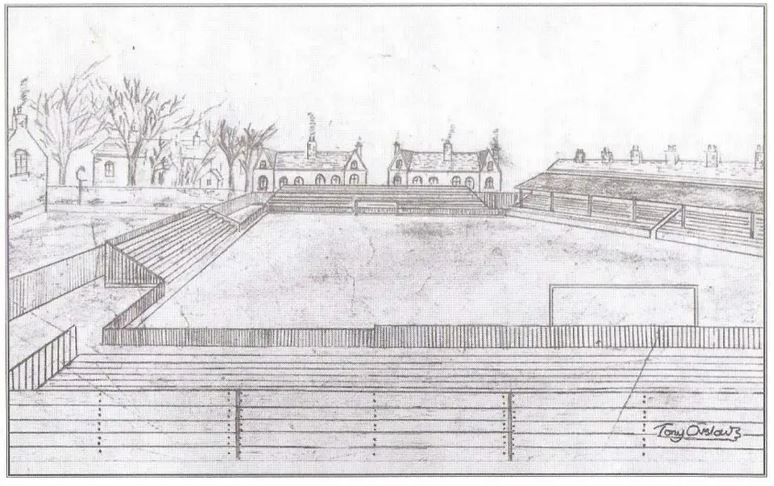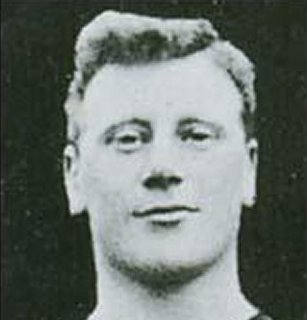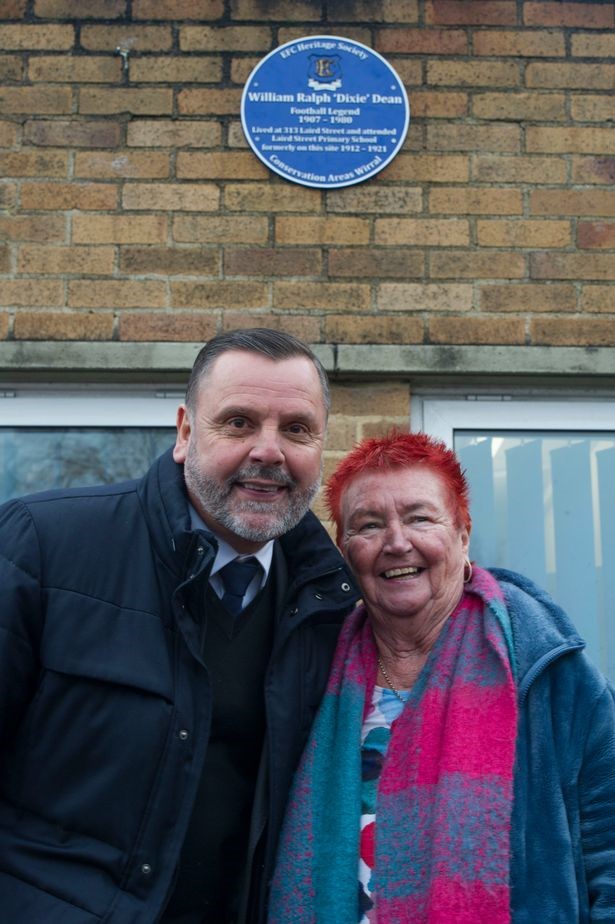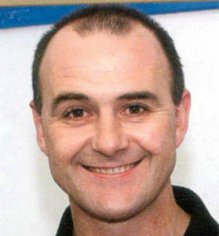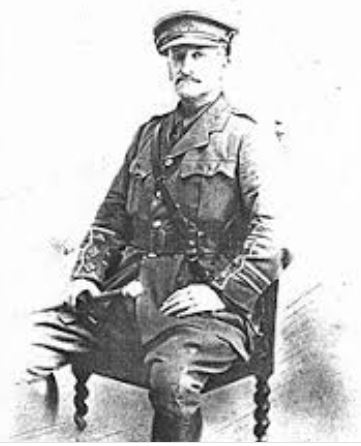The Three Young Blues
...Who played together in that historic first game at Anfield on 27 September 1884 Like many of the young teenagers of Victorian Liverpool, William Gibson, Walter Richards and Thomas Whittle would have been drawn towards the new game, association football, that was beginning to sweep the land and would have spent their early teens watching such teams as Everton on Stanley Park. They also would have observed that this particular club had, by 1882, attracted the largest number spectators to their unguarded playing area. The following year, when they moved to an enclosure, William Gibson appeared in their line-up. Born…

